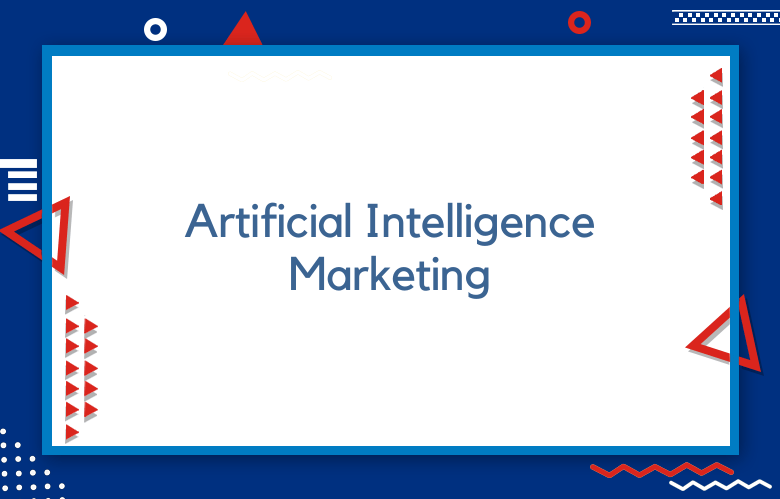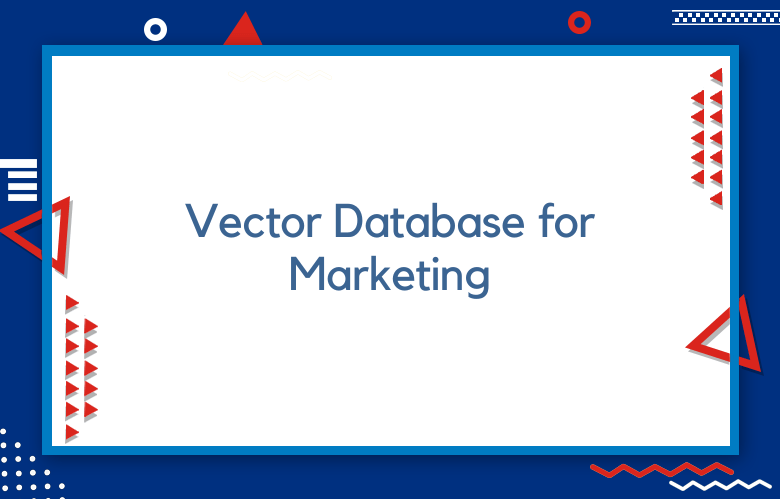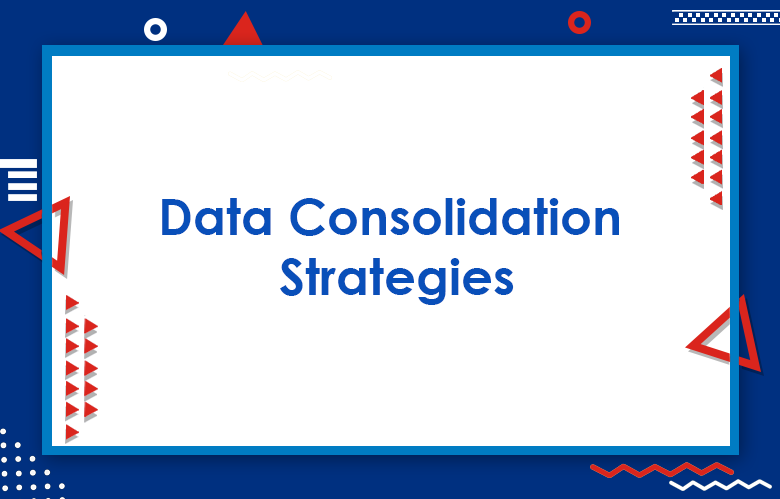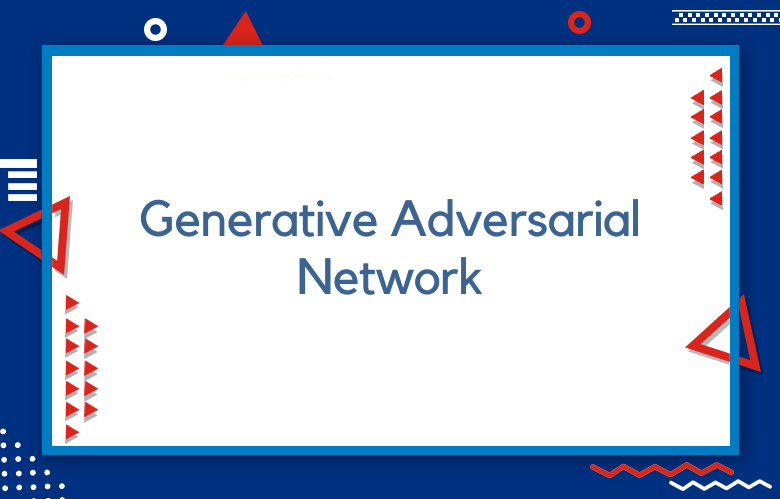Advantages and Disadvantages of Artificial Intelligence Marketing

Technology has come a long way, and artificial intelligence (AI) has become prevalent in marketing. AI marketing is expected to become the norm rather than the exception as technology advances.
However, like any other technological advancement, AI has both pros and cons in marketing. We will discuss the advantages and disadvantages of AI marketing and what they could mean for businesses.
There’s no question that technology has revolutionized the marketing world, and artificial intelligence (AI) is leading the charge. AI marketing uses advanced algorithms and data analysis to create more personalized and effective marketing campaigns.
But like any new technology, AI has advantages and disadvantages in marketing. We’ll explore some of the benefits and drawbacks of AI marketing to help you decide if it’s right for your business.
Pros and Cons of Artificial Intelligence Marketing
There are advantages and disadvantages when discussing Artificial Intelligence (AI) in marketing. On the one hand, AI provides businesses with enormous data that allows for better decision-making capabilities.
On the other hand, many industries are concerned about the job displacement that AI could cause, as it can automate many processes that humans previously completed.
Some of the benefits of using AI in marketing include
Personalization
AI tools can create highly personalized strategies for individual customers based on their previous interactions, behaviors, and preferences. This can increase customer engagement and satisfaction.
Efficiency
By automating mundane tasks such as data entry, customer segmentation, and predictive analytics, AI tools can free up valuable time and resources for more creative and strategic endeavors.
Cost Savings
By utilizing AI tools, businesses can reduce overall operational costs, which can be applied in other business areas, such as product development and infrastructure improvements.
However, there are also some concerns associated with AI in marketing, including:
Lack of Human Interaction
As AI tools become more advanced, there is a risk that businesses may rely too heavily on automation, losing the human touch when communicating with customers.
Ethical Concerns
There are ethical concerns associated with using AI in marketing. For example, some consumers may feel uncomfortable with the amount of data collected about them and how that data is used.
Job Displacement
One of the biggest concerns associated with AI in marketing is job displacement. AI technology can automate many previously carried out by humans, leading to job loss and unemployment in specific industries.
The Benefits and Drawbacks of Using AI in Marketing
Artificial Intelligence (AI) is transforming various industries, including marketing. The use of AI in marketing has brought about several benefits and drawbacks.
Benefits of Using AI in Marketing
Improved Customer Experience
AI helps to improve customer experience by providing personalized product recommendations and automating responses to frequently asked questions.
Increased Efficiency
AI enables marketers to analyze data and automate repetitive tasks, increasing efficiency and productivity.
Enhanced Targeting
AI can better target marketing campaigns by analyzing customer behavior and preferences, increasing conversion rates.
Real-Time Data Analysis
Through AI, marketers can analyze data in real time, enabling them to respond to customer needs promptly.
Drawbacks of Using AI in Marketing
Lack of Emotional Intelligence
AI lacks the emotional intelligence required to understand customer emotions, creating communication barriers that can lead to customer dissatisfaction.
Data Privacy Concerns
The use of AI in marketing requires significant amounts of customer data, leading to potential privacy breaches and regulatory concerns.
Costly Implementation
Implementing AI in marketing requires significant investment in technology and infrastructure, which can be expensive for smaller businesses.
Limited Creativity
AI can only work with the data it is programmed with, limiting its creativity and ability to generate new ideas.
In conclusion, AI has brought significant improvements in marketing, including improved customer experience, increased efficiency, enhanced targeting, and real-time data analysis. However, it has also raised concerns such as a lack of emotional intelligence, data privacy, high implementation costs, and limited creativity.
Nonetheless, AI is poised to transform the marketing industry further with continued progress and development.
The Advantages and Disadvantages of Artificial Intelligence in Marketing
Advantages of AI in Marketing
Increased Efficiency
AI technology enables marketers to automate repetitive tasks like data analysis, content creation, and customer segmentation. This automation saves time and allows marketers to focus on more strategic initiatives.
Clear Data Insights
AI algorithms can process vast amounts of data quickly and extract actionable insights. This helps marketers understand customer behavior, preferences, and buying habits, enabling them to deliver more personalized and targeted campaigns.
Hyper-Personalization
AI enables marketers to create highly personalized customer experiences by tailoring content, recommendations, and offers based on individual preferences. This level of personalization enhances customer engagement and satisfaction.
Streamlined Marketing Efforts
AI automates routine marketing tasks, including lead generation, campaign optimization, and customer support. By streamlining these processes, marketers can achieve efficiency and allocate resources more effectively.
Disadvantages of AI in Marketing
Data Privacy
AI in marketing involves collecting and analyzing large amounts of customer data. This raises concerns about privacy and data security, as consumers may be wary of sharing sensitive information.
Concerns of Biases and Inaccurate Content
AI algorithms rely on historical data to make predictions and recommendations. If the data contains biases or inaccuracies, it can lead to biased targeting or content that doesn’t resonate with the audience.
Lack of Creativity
While AI can automate specific creative tasks, such as generating personalized content and design elements, it can need help replicating the human touch and innovation that comes with original human creativity.
AI in Marketing: The Good and the Bad
Marketing is essential for any business that wants to succeed in today’s competitive market. Companies constantly seek ways to increase brand awareness, generate leads, and drive sales.
With the advent of technology, new marketing approaches have emerged, and one of the most significant innovations in recent years is the use of artificial intelligence (AI) in marketing.
AI has the potential to revolutionize the marketing industry, but it also comes with its own set of challenges and concerns. On the positive side, AI can help businesses gain valuable insights into their customers’ behaviors and preferences.
This data can be used to create more personalized and targeted marketing campaigns, resulting in a better ROI for businesses. In addition, AI can help automate repetitive tasks, such as data entry and analysis, freeing up employees to focus on more strategic activities.
Exploring the Upsides and Downsides of Using AI in Marketing
Artificial intelligence (AI) is gaining momentum in marketing, and its impact on businesses has been immense.
The technology has transformed marketing by providing significant advantages such as optimizing customer experience, automating marketing processes, and managing large amounts of data.
However, along with the benefits come the downsides and challenges of using AI, which must be acknowledged and addressed.
One significant advantage of using AI in marketing is the ability to personalize customer experience. With AI-powered tools, businesses can gather and analyze data on customer preferences, behavior, and purchases to create targeted advertising and marketing campaigns.
This personalized approach helps increase customer engagement, brand loyalty, and revenue. AI helps automate marketing processes, thereby saving time and reducing marketers’ workload.
By automating repetitive tasks, marketers can focus on more strategic activities, such as creating content and analyzing data.
10 Advantages of AI in Marketing
Artificial Intelligence (AI) has revolutionized the marketing industry, offering many benefits and advantages. Here are the top ten advantages of AI in marketing:
Personalization
AI enables marketers to tailor their marketing strategy to individual consumers in real time. Using machine learning algorithms, AI can analyze vast amounts of data to understand consumer preferences, behaviors, and purchasing patterns, resulting in highly personalized marketing strategies.
Predictive Analytics
With predictive analytics, AI can help marketers predict trends, identify potential market opportunities, and optimize their marketing campaigns for better results and revenue.
Improved Customer Experience
AI-enabled chatbots and virtual assistants can provide customers with instant support and personalized recommendations, enhancing the overall customer experience.
Efficient Advertising
AI can analyze massive amounts of data to identify the most effective channels and times to advertise, resulting in a more efficient ad spend and higher ROI.
Increased Sales
AI-powered tools can help marketers identify and target high-value customers, resulting in increased sales and revenue.
Real-Time Optimization
By monitoring consumer behavior in real time, AI can help marketers optimize marketing campaigns for better results.
Cost-Effective
AI can automate various marketing processes, reducing labor costs and increasing productivity. This, in turn, translates into cost-effective marketing solutions for businesses of all sizes.
Deeper Insights
AI can analyze vast amounts of data from multiple sources, providing marketers with deeper insights into consumer behavior and preferences than ever before.
Competitive Advantage
Using AI, marketers can gain a competitive advantage by optimizing their marketing strategies for enhanced customer engagement, sales, and revenue.
Improved Decision Making
AI can provide marketers with data-driven insights and automation, enabling them to make informed decisions that drive business growth and success.
In conclusion, AI offers numerous advantages in marketing, from personalized campaigns to increased sales and revenue. By leveraging AI-powered tools and techniques, marketers can gain a competitive edge in today’s fast-paced business landscape.
10 Disadvantages of AI in Marketing
Artificial Intelligence (AI) has emerged as a revolutionary technology transforming businesses’ operations. Among various industries, marketing is one of the sectors that has witnessed the significant impact of AI in recent years.
While AI has several advantages, including personalization, automation, and efficiency in marketing, it also poses threats and challenges, making it imperative for marketers to be aware of the potential drawbacks. These are ten significant disadvantages of AI in marketing:
Inaccurate Decision Making
AI relies heavily on data inputs to make informed decisions. However, if the data is flawed, incomplete, or biased, the algorithms could make inaccurate decisions, leading to ineffective marketing campaigns.
Lack of Human Interaction
With the increasing use of AI in marketing, there is a growing concern about the need for more human interactions. Chatbots and other automated systems can’t match empathy and emotional intelligence for human interactions.
Potential for Cyber Attacks
As AI systems rely on large amounts of data, there is a risk of cybersecurity breaches that could expose sensitive data to unauthorized third parties. This can damage the brand’s reputation, leading to a diminished customer base.
Dependency on Algorithmic Input
AI-driven marketing campaigns rely on algorithms for decision-making, which could lead to a lack of creativity, flexibility, and innovation, stifling the ability to differentiate from competitors.
Limited Understanding of Human Behavior
While AI algorithms are suitable for processing large amounts of data, they need a greater understanding of human behavior patterns, such as psychographics, emotions, and cultural nuances.
Limited Accessibility
In small or medium-scale businesses, installing and maintaining AI systems can be costly, leading to unequal access in a competitive market.
Lack of Long-term Vision
AI-driven marketing campaigns focus on short-term goals, such as immediate revenue generation, at the cost of long-term planning and strategic development.
Job Losses
As AI technologies become more prevalent in the marketing industry, they could reduce human labor and displacement of lower-skilled employees, creating a challenging economic environment for employees.
Ethical Implications
AI in marketing raises ethical concerns around data privacy, data protection, and manipulation of customer behaviors, leading to possible legal action against the company.
Dependence on Data Availability
The accuracy and effectiveness of AI-driven marketing campaigns depend upon data availability and quality. A lack of data or access to relevant data can result in an unsuccessful marketing campaign.
In conclusion, AI is a double-edged sword in the marketing industry. While it offers several benefits, it poses significant threats to businesses, including privacy breaches, discriminatory practices, and lack of creativity.
Therefore, businesses should be cautious about integrating AI into their marketing campaigns and be aware of its advantages and disadvantages.
The Positive Impact of AI in Marketing
The introduction of artificial intelligence (AI) has revolutionized the marketing landscape. Today, marketers can leverage AI technology to gain insights into customers, tailor their offerings, and improve customer experiences. The impact of AI on marketing has been overwhelmingly positive, with benefits ranging from increased efficiency to higher ROI.
One of the most significant benefits of AI in marketing is its ability to personalize the customer experience.
By analyzing customer data, AI algorithms can make personalized product recommendations and show targeted ads based on user behavior, preferences, and search history. This enhances the user experience and helps increase conversion rates and sales.
Potential Issues with AI in Marketing
As Artificial Intelligence (AI) continues to revolutionize the marketing field, it brings forth potential issues that companies must consider. Here are some of the possible challenges associated with the integration of AI in marketing:
Data Privacy Concerns
AI algorithms require massive amounts of data to function correctly. However, the use of personal data raises concerns about data privacy. Companies need to be transparent about the data they collect, how they use it, and with whom they share it.
Bias in Algorithms
AI algorithms are only as good as the data they are trained on. If the data used to prepare the algorithm is biased, the algorithm will also be limited. This can lead to unfair treatment of certain groups, such as people of color or women.
Lack of Human Touch
While AI can provide personalized recommendations, it cannot replace the human element of marketing. Customers may become frustrated if they only interact with robots, leading to customer churn.
Unforeseen Consequences of AI Decisions
AI algorithms are complex and can make difficult-to-understand decisions of transparency can lead to unforeseen consequences that may harm a business.
Cost of Implementation
Integrating AI into a marketing strategy can be expensive. It requires hiring specialized staff, purchasing expensive hardware and software, and investing time and resources to train AI algorithms.
Cybersecurity Risks
AI systems are vulnerable to hacking and cyber-attacks. If an AI system is compromised, it could lead to data or other security breaches that can damage a business’s reputation.
AI has tremendous potential to transform the marketing landscape but is not without risk.
Companies must consider AI’s potential challenges and risks before integrating it into their marketing strategy. By doing so, they can reap the benefits of AI while minimizing the risks associated with its implementation.
Harnessing the Power of AI in Marketing
Artificial intelligence (AI) has been making waves in the marketing industry in recent years with its ability to provide personalized, data-driven insights. By harnessing the power of AI, companies can achieve greater efficiency and effectiveness in their marketing strategies.
One way AI can be applied is through predictive analytics. AI algorithms can analyze data sets to identify patterns and trends, which can then be used to predict consumer behavior and preferences. Predictive analytics can be used for targeted advertising and messaging, ensuring marketing efforts are more relevant and practical.
Conclusion
AI marketing has advantages and disadvantages; however, businesses must understand both sides, weigh the pros and cons, and use the technology effectively. Used appropriately, AI can provide businesses with valuable insights, leading to increased sales and revenue and an improved customer experience.
Nonetheless, it is essential to consider the ethical concerns surrounding the use of AI and ensure that the technology is used to respect customer privacy, foster trust, and add value to the overall customer experience.
AI marketing has the potential to revolutionize the way businesses approach marketing, but it’s essential to consider both the advantages and disadvantages before implementing the technology.
While the benefits of AI marketing are numerous, businesses must also be aware of the technology’s costs, privacy concerns, and limitations.
By balancing the pros and cons of AI marketing and utilizing it in tandem with human creativity and intuition, businesses can create more effective and innovative marketing campaigns that resonate with their target audience.
Call: +91 9848321284
Email: [email protected]



